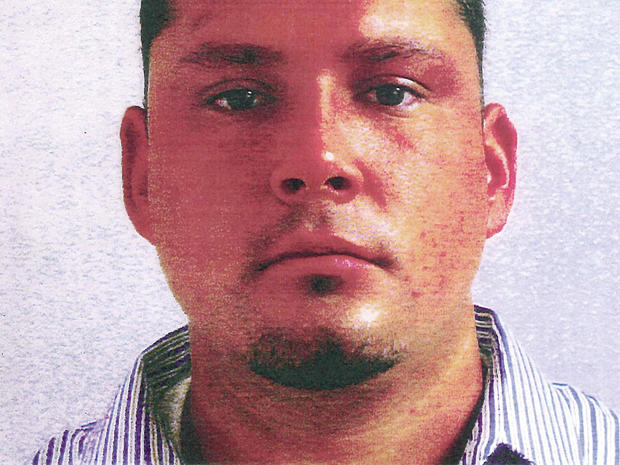Lab tech charged in N.H. hepatitis C outbreak worked at six Mich. hospitals
(CBS/AP) Michigan health officials say a traveling medical technician accused of causing a hepatitis C outbreak in New Hampshire worked in at least six area facilities from 2003 to 2007.
David Kwiatkowski, 33, is being held on federal drug charges in New Hampshire, and authorities are trying to determine whether he spread the virus elsewhere.
The Michigan Department of Community Health said Monday its "investigation has not uncovered evidence that the individual was infected with hepatitis C while employed at any Michigan facility."
State health officials say a negative hepatitis C test result at one hospital allows the agency to exclude two hospitals from further examination.
The four remaining facilities are Sinai Grace Hospital in Detroit, Harper Hospital in Detroit, the University of Michigan Hospital in Ann Arbor and Oakwood Annapolis Hospital in Wayne.
More information has also come to light about the traveling technician's employment history. Hospital officials recently said Kwiatkowski was fired by medical facilities in Pennsylvania and Arizona.
A statement from UPMC Presbyterian in Pittsburgh says Kwiatkwoski was found inside an operating room where he was not assigned in 2008 and fired. He had worked there for 47 days. UPMC says it notified Kwiatkowski's employer, Maxim Staffing Solutions.
The CEO of an Arizona hospital where Kwiatkowski worked says he had been fired in April 2010, after he was found unresponsive in a men's locker room with syringes and needles. Kwiatkowski was treated at the hospital, and tests showed he had cocaine and marijuana in his system, said Monica Bowman, chief executive officer of the Arizona Heart Hospital.
Other states that confirmed his employmentbefore he was hired by Exeter Hospital in New Hampshire in 2011, are Georgia, Kansas, Maryland, and New York.
Kwiatkowski is accused of stealing the anesthetic drug fentanyl, injecting himself with the syringes - thus contaminating them with hepatitis C - before putting them back for use on patients, what's known as drug diversion.
Kwiatkowski denies that he's an addict who stole drugs, telling investigators he's "not a shooter" and is scared of needles, according to court documents. He's told authorities that he learned he had hepatitis C in May, but investigators say there is evidence that it was diagnosed as early as June 2010.
So far 30 patients of Exeter Hospital's cardiac catheterization lab have been diagnosed with the same strain of hepatitis C Kwiatkowski has.
New Hampshire health officials had announced last week that they would expand hepatitis C testingto patients who had also had surgery or been at the hospital's intensive care unit, which would encompass about 6,000 patients in that state alone.
